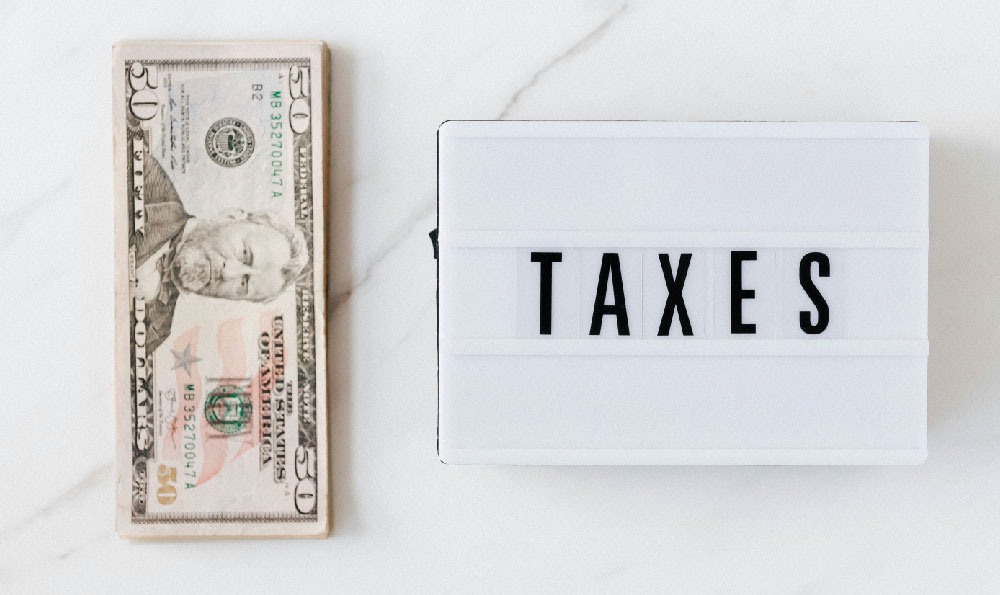The allure of tattooing, as both an art form and a means of self-expression, has propelled it into mainstream popularity. Consequently, the question of the financial rewards enjoyed by tattoo artists naturally arises. While a definitive, universally applicable answer remains elusive, understanding the diverse factors influencing a tattoo artist's income provides a clearer picture. Income for tattoo artists is far from a fixed number. It's a dynamic figure dictated by a confluence of elements, from skill level and reputation to location and business acumen. Let's delve into these contributing factors.
Experience and skill are paramount. A seasoned artist with years of practice under their belt, possessing exceptional technical abilities, and capable of executing intricate designs commands a premium. Their expertise translates directly into higher hourly rates and a steady stream of clients willing to pay for top-tier artistry. Conversely, a novice artist just starting out may need to offer lower rates to attract clients and build a portfolio. Building a strong portfolio is crucial for any artist, regardless of experience level. A well-curated portfolio showcasing diverse styles and impeccable execution serves as a powerful marketing tool, demonstrating an artist's capabilities and attracting a wider clientele. The ability to specialize in a particular style, such as realism, watercolor, or geometric designs, can also significantly impact earning potential. Artists who become known for their expertise in a specific niche often attract a dedicated following willing to travel and pay more for their unique skill set.
Reputation plays a pivotal role. Positive word-of-mouth, glowing online reviews, and a strong social media presence contribute to an artist's credibility and attract new clients. Artists who consistently deliver high-quality work, maintain excellent hygiene standards, and provide exceptional customer service cultivate a loyal following, leading to repeat business and referrals. Building a strong reputation takes time and effort, but it's an investment that pays dividends in the long run. Artists who actively engage with their audience on social media, participate in tattoo conventions, and collaborate with other artists can further enhance their reputation and visibility within the industry.

Geographic location significantly influences earning potential. Tattoo artists working in major metropolitan areas with high costs of living and a strong demand for tattoos tend to earn more than those in smaller towns or rural areas. Tourist destinations also offer lucrative opportunities for tattoo artists, as visitors often seek out unique souvenirs or commemorative tattoos. The local economy, competition from other tattoo studios, and the prevailing cultural attitudes towards tattoos also play a role in determining income levels. Artists in regions with a thriving arts scene and a more accepting attitude towards body art may find it easier to attract clients and command higher prices.
The business model under which an artist operates also significantly impacts their income. Many tattoo artists work as independent contractors or employees at established tattoo studios. In this arrangement, they typically receive a percentage of the earnings from each tattoo they perform, with the studio retaining the remaining portion to cover overhead costs such as rent, supplies, and marketing. The percentage split varies depending on the studio, the artist's experience, and the overall agreement. Other artists choose to open their own tattoo studios, assuming the responsibilities of business ownership, including managing finances, marketing, hiring staff, and ensuring compliance with health and safety regulations. While owning a studio entails greater risk and responsibility, it also offers the potential for higher earnings, as the artist retains a larger share of the revenue. Some artists also opt for a hybrid approach, renting booth space at a studio while operating as independent business owners.
Furthermore, the ability to manage finances effectively is crucial for any tattoo artist, regardless of their income level. Understanding basic accounting principles, budgeting, and tax obligations is essential for ensuring financial stability and long-term success. Many artists find it beneficial to work with a financial advisor or accountant to help them manage their finances, plan for retirement, and minimize their tax burden. Proper financial planning allows artists to reinvest in their business, upgrade their equipment, and expand their skill set, ultimately leading to increased earning potential.
Beyond the factors already mentioned, the artist's commitment to continuous learning and improvement also plays a role. The tattoo industry is constantly evolving, with new techniques, styles, and technologies emerging regularly. Artists who stay abreast of these trends, attend workshops and seminars, and experiment with new approaches are better positioned to attract clients and remain competitive. Embracing innovation and adapting to changing market demands is essential for long-term success in the tattoo industry. This constant pursuit of knowledge allows the artist to offer clients cutting-edge designs and techniques, justifying higher prices and attracting a clientele seeking the latest trends.
In conclusion, determining the average income of a tattoo artist is a complex undertaking, as earnings vary significantly based on a multitude of factors. However, it's clear that skill, reputation, location, business acumen, and financial management all play crucial roles in determining an artist's financial success. While some artists may struggle to make a living, others can earn a substantial income, particularly those with a strong portfolio, a loyal clientele, and a savvy approach to business. The path to financial success in the tattoo industry requires dedication, hard work, continuous learning, and a passion for the art form. By honing their skills, building a strong reputation, managing their finances effectively, and staying ahead of the curve, tattoo artists can transform their passion into a lucrative and rewarding career.











